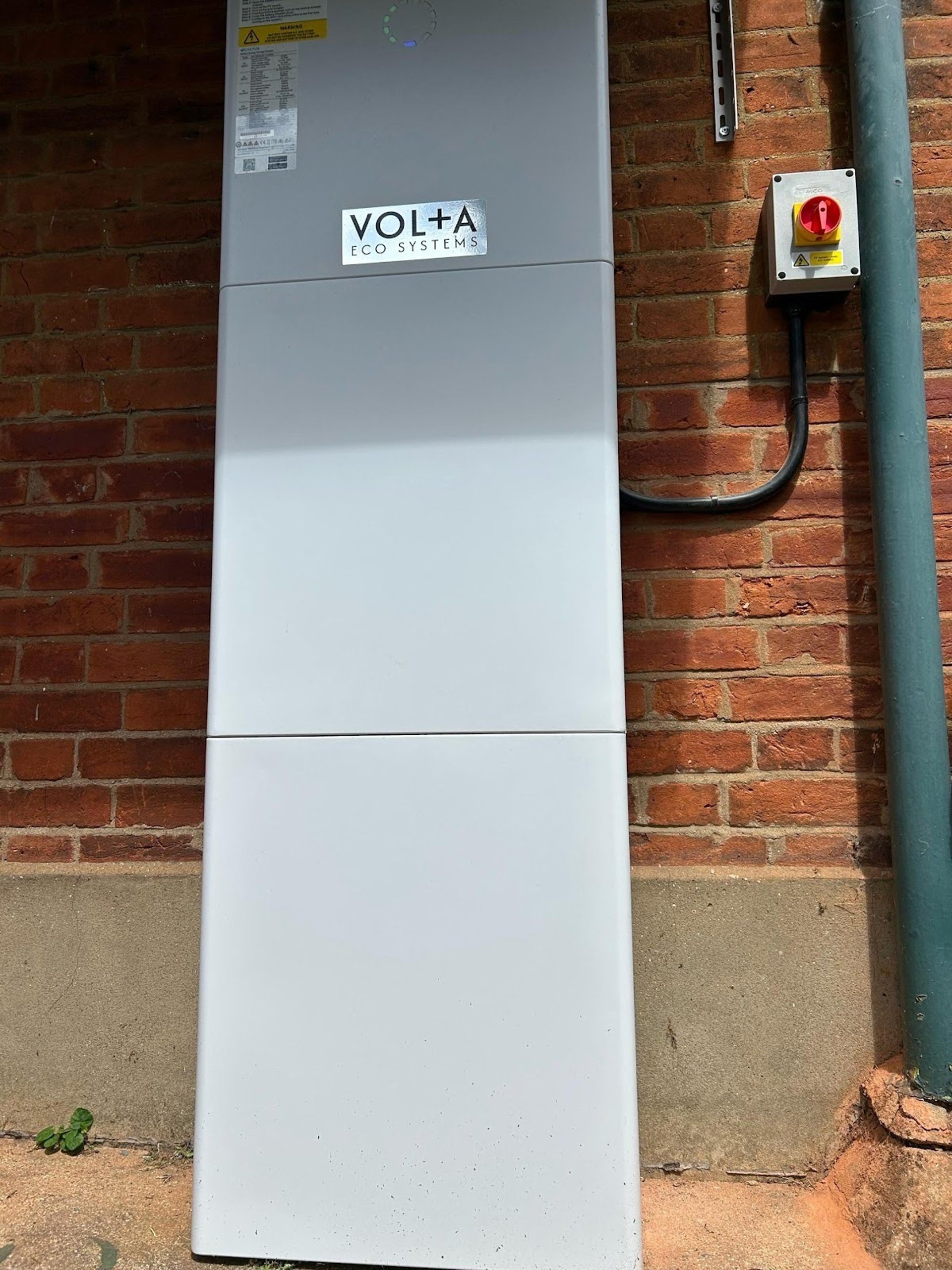
Case Study: Why a Battery System is Key in Our Current Economic Climate
This blog post is a firsthand account of how installing a home battery system can slash electricity bills by over 60%. The author champions a "battery first" approach, highlighting the immediate benefits of cost savings and backup power during outages. It makes the case that a battery is a smart investment for any homeowner looking to reduce costs and gain energy independence, even without solar panels.
CASE STUDY - RESIDENTIAL
Toby Mills
7/2/20253 min read


The Immediate Financial Wins of a Battery System
A couple of months on from installing this battery storage system, what are my thoughts?
Load shifting definitely works to bring down bills. I can absolutely advocate a battery-first approach. I switched from a standard Ecotricity tariff to Octopus Agile. We use a fairly average 3400 kWh of electricity each year, and 10kWh of battery capacity works out to be a perfect match. I can charge the battery during the cheapest periods each day (sometimes for free or even get paid for doing so), then run the house on that energy until the next day's cheapest periods. Our electric bill has come down from an average £100 per month to under £40, a saving of over 60%.
Future-Proofing Your Home Against Rising Costs
I realise that given average installation costs, this means a fairly long payback period for a household using this much electricity, but prices for electricity are likely to continue rising, and usage is likely to go up, especially as we move away from gas. Changing appliances in your home can suddenly increase your electricity usage. I've just installed some electric underfloor heating, which means that I'll be using a lot more come winter. The more you use, the more the savings of a Battery Energy Storage System (BESS) add up and make a shorter "payback" period.
More Than Just Savings: Energy Security and Grid Stability
This isn't just about the savings on your bill; there are other benefits. When the man from UKPN came knocking on my door the other day, I wasn't worried when he told me they were digging up the road and my power would probably go off. I have backup on the circuits that need them, so I can continue working from home in a power cut. On top of all that, I can feel good that I'm helping with grid stability by no longer contributing to the large spikes in demand and helping to soak up excess renewable energy production when demand is lowest.
A Phased Approach: Integrating Solar and EVs
I'll shortly be moving onto the next stage and adding PV to my system. Having also recently switched to an EV, it will be interesting to see whether I can generate enough to run both the house and the car without drawing much, if anything, from the grid in summer.
Conclusion: A Smart Investment for Today and Tomorrow
Battery first is a great idea, even if you are planning on getting solar. It helps by spreading the cost and brings instant savings. You will learn how to manage the system without solar - when to charge and discharge the batteries and by how much. When you get your solar, you'll already have a good idea of how to make the most of it. It's also great for those who can't get solar, be it through lack of suitable roof space or even no roof space. You are not locked out of the renewable revolution or the savings to be made on your bills.
Charged up?
Ready to learn more about our battery storage systems?
Get in touch with our experts today.


Registered office address
1501 Douglass Tower, 9 Goodluck Hope Walk, London E14 0XE
020 3297 7349
hello@voltaeco.co.uk
Company number 15724376









